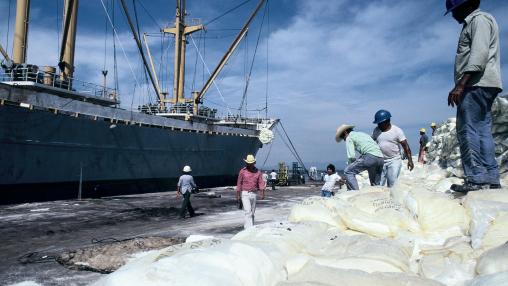
The Cost of a Failed Doha Round, Revisited
By Antoine Bouet and David Laborde

Twelve Years of Doha Trade Talks: Where Do We Stand?
By Antoine Bouet and David Laborde
We commit ourselves to comprehensive negotiations aimed at: substantial improvements in market access; reductions of, with a view to phasing out, all forms of export subsidies; and substantial reductions in trade-distorting domestic support. We agree that special and differential treatment for developing countries shall be an integral part of all elements of the negotiations.
—Declaration from the World Trade Organization Ministerial Conference. Doha, Qatar, November 14, 2001

Thinking Outside the Agricultural Support Boxes
By Luca Salvatici
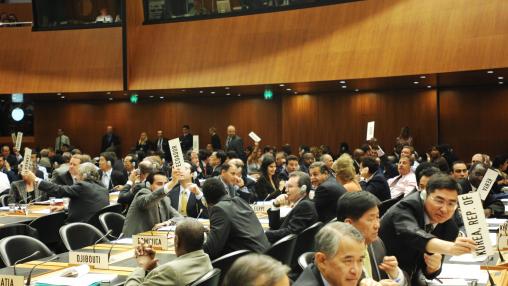
Lost in Translation: Why WTO Negotiations Seem to Go Nowhere
By Eugenio Diaz-Bonilla
I will first provide a brief summary of where the WTO negotiations currently stand along the Road to Bali, based on a summary given by Director-General Roberto Azevêdo at the Informal Trade Negotiations Committee meeting of October 25, 2013.
The Ministerial Meeting in Bali will be the ninth ministerial meeting held since the WTO was created. Prior to December’s meeting, WTO members are currently negotiating on the “Bali deliverables,” which include: 1) Least Development Countries and Development issues; 2) Agriculture; and 3) Trade Facilitation.
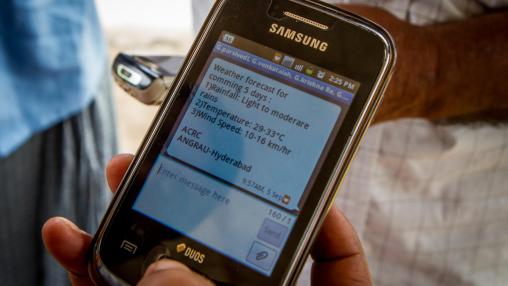
The Role of ICTs in Poverty Reduction
In early October, the WTO held its Public Forum in Geneva, Switzerland. The Public Forum is an annual event providing a platform for public debate about a wide range of global topics and issues being discussed by the WTO.

New IFPRI Aflatoxin Briefs: Finding Solutions for Food Safety
Aflatoxins—naturally occurring fungal toxins that contaminate grains and other crops— pose one of the world’s most significant food safety risks, particularly in developing countries. On November 5, IFPRI will launch a series of 19 policy briefs on managing aflatoxins as part of IFPRI’s 2020 Vision Initiative and under the auspices of the IFPRI-led CGIAR Research Program on Agriculture for Nutrition and Health (A4NH) .

Building Resilience against Hunger in Africa
Mortality rates for children under age five have declined in Africa south of the Sahara since 2000, thanks to a better prevention of malaria, a greater share of births in medical centers, improved antenatal care, access to clean water and sanitation facilities, and increasing levels of income. However, a recent released report shows that the hunger level in Africa remains at an “alarming” level in Africa.
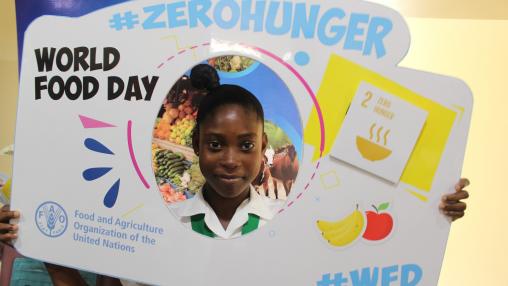
Winning the Hunger Games
October 16 is World Food Day.
About one in eight people worldwide suffered from chronic hunger during the past two years, according to the United Nations. Though daunting, that ratio is an improvement over previous years. In fact, the 2013 Global Hunger Index report released Monday shows that global hunger levels have declined by nearly 35 percent since 1990.
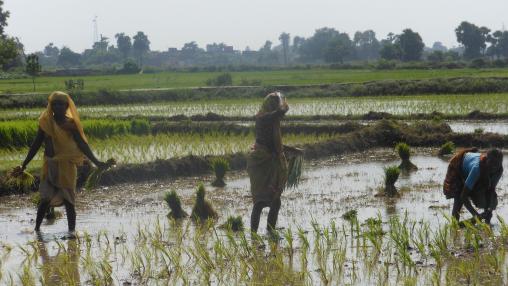
The State of Food Security in the World
FAO recently released its 2013 State of Food Security in the World report. This annual report looks at the number and location of people suffering from chronic hunger around the globe, and provides analysis of how different policies can be used to target different regions and populations.

Putting Food Security on the Long-Term Agenda
Global trade policies have the potential to significantly impact food security, for better or for worse. With the ninth WTO Ministerial Conference upcoming in Bali in December, some developing country leaders are pressing negotiators to keep this connection in mind and fast-track talks on proposed changes that would give developing countries greater flexibility in following the new WTO agricultural trade rules.